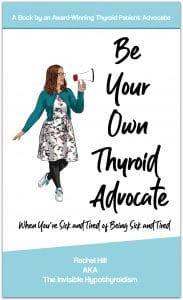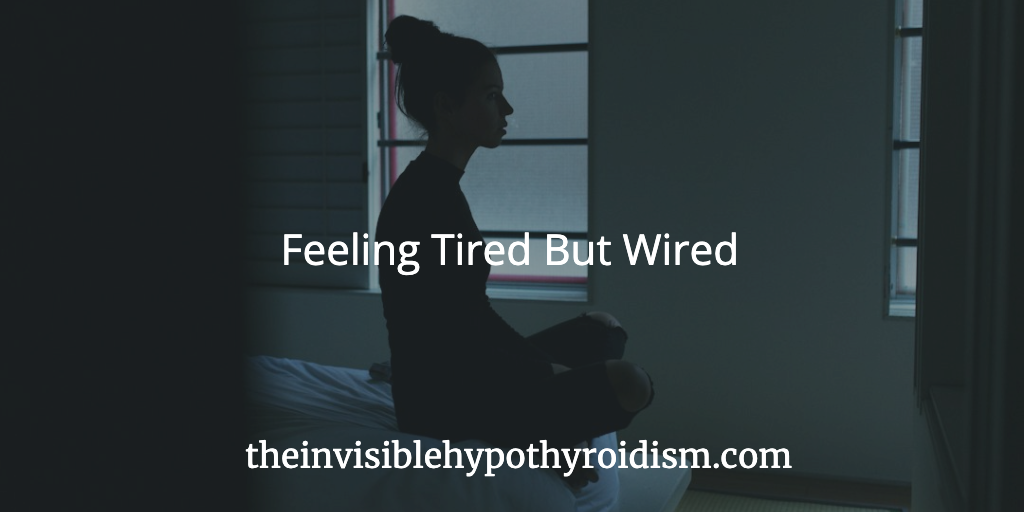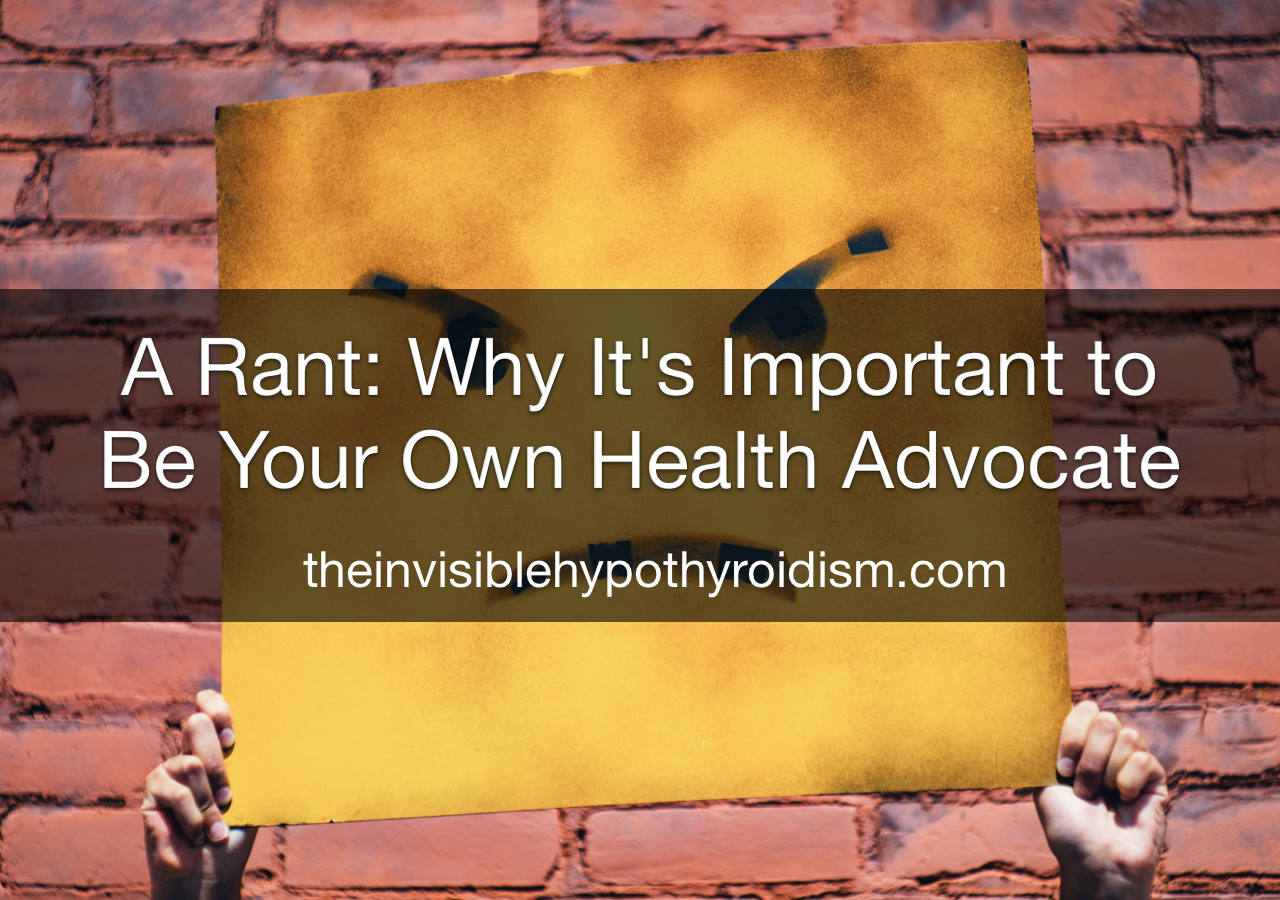Originally published on 2nd August 2018 Last updated on 25th March 2024
Do you, despite feeling tired and perhaps even exhausted, still struggle to sleep and shut down at night? Or do you wake back up frequently? It’s a common complaint from thyroid patients and the answer could lie in your adrenal glands.
Adrenal dysfunction (note: it is more accurately referred to as hypothalamic-pituitary axis dysfunction) is a condition that many thyroid patients experience alongside their hypothyroidism.
What is Adrenal Dysfunction?
The adrenal glands sit atop the kidneys, and are part of the endocrine system, just like the thyroid gland. They handle many hormones that are important for a lot of bodily processes, such as responding to stress. This where cortisol, the culprit behind many sleep issues, comes in.
There are two recognised conditions in conventional medicine in association with extreme dysfunctioning of the adrenal glands: Addison’s Disease, which is a long term condition whereby the adrenal glands do not produce enough cortisol and Cushing’s Disease, which is the opposite – where the adrenals produce often dangerously high levels of the hormone.
Adrenal dysfunction is well-recognised within functional and holistic medicine, where the adrenal glands produce too much or too little cortisol, though not to the extent of Cushing’s or Addison’s, but abnormal enough that it causes symptoms and issues all the same. It works on the idea that there is a scale rather than just extremes.
How Does Cortisol Affect Energy and Sleep?
Cortisol is very important when it comes to our energy levels. It is at its highest (or at least should be) in the morning to wake us up, gradually declining as the day goes on, before it reaches its lowest point in the evening, so that we’re ready for sleep.
However, when someone has adrenal dysfunction, their cortisol levels do not follow this pattern. Instead, their cortisol could be high when it should be low and low when it should be high, creating issues with sleep cycles.
How Do I Know if I have Adrenal Issues?
You can order or ask for a 24-hour saliva test, testing your cortisol levels at four key points of the day, to find out if you have non-optimal cortisol levels.
If your doctor won’t do this, you can very simply order it yourself and complete it at home. You can find testing options here and here.
Most doctors will only test cortisol with a one time urine or blood sample, which is not as accurate. Four samples taken over a 24-hour day show how your rhythm of cortisol production is working and if you have that typical rise and fall pattern explained above. It should be highest in the morning, tailing off throughout the day. Only four saliva samples taken in one day will tell you this accurately.
However there are many more symptoms of adrenal issues than just sleep disruptions and tiredness. See them all here.
How Do You Fix Adrenal Problems?
As well as possible herbal and vitamin supplements, lifestyle and dietary changes are also made, in order to even out wonky cortisol, but it’s very much individual to each person.
Lots of info on this can be found in my articles here and here, but I’d also recommend consulting a medical practitioner who recognises adrenal dysfunction, such as a functional doctor, functional medicine practitioner or naturopath.
I tried to overcome adrenal issues (in the form of persistent, high cortisol) on my own but eventually sought out a functional medicine practitioner who addressed it with me within months.
Treating underlying causes for adrenal issues, e.g. dietary issues, food sensitivities, low thyroid hormone levels, over exercising and stress, are all involved. Issues such as stress, a poor gut health, high thyroid antibodies, diet and food sensitivities may be the root cause behind adrenal issues but you have to figure out what it is for you. All of these were behind mine!
Read about other causes for sleep issues and thyroid disease here.
Do you have experience with adrenal dysfunction?

There is also the book Be Your Own Thyroid Advocate: When You’re Sick and Tired of Being Sick and Tired, which builds on this article and discusses how Rachel got her own health and life back on track, when living with hypothyroidism, Hashimoto’s and adrenal dysfunction.
You can click on the hyperlinks in the above post to learn more and see references to information given, but more reading and references can also be found at:
https://www.theinvisiblehypothyroidism.com/2016/02/17/adrenal-glands-and-hypothyroidism/
References:
[1] https://thyroidpharmacist.com/articles/pregnancy-announcement/







No Comments